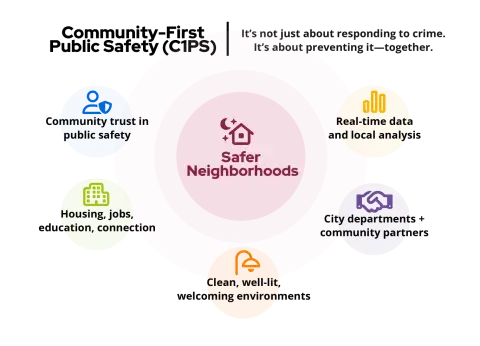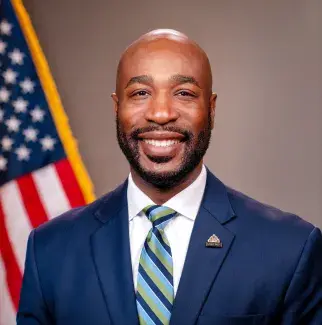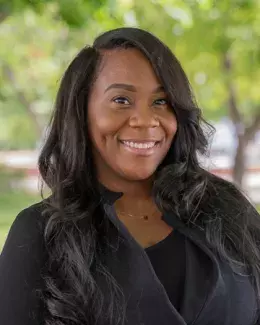What Is the Office of Neighborhood Safety?
ONS is Saint Paul’s center for prevention, intervention, and neighborhood-focused safety solutions.
Rather than focusing solely on law enforcement or emergency response, the Office of Neighborhood Safety works across City departments and community organizations to reduce violence before it happens—and to build long-term safety in ways that matter to residents.
The Office of Neighborhood Safety coordinates and delivers key components of the Community-First Public Safety (C1PS) strategy, including:
Gun violence intervention and outreach
Community-based alternative response
Grantmaking to support neighborhood safety programs
Resident-led advisory councils and campaigns
Data collection, evaluation, and strategy development
Through this work, the Office of Neighborhood Safety helps connect Saint Paul’s public safety systems to the communities they serve—centering equity, transparency, and trust.



